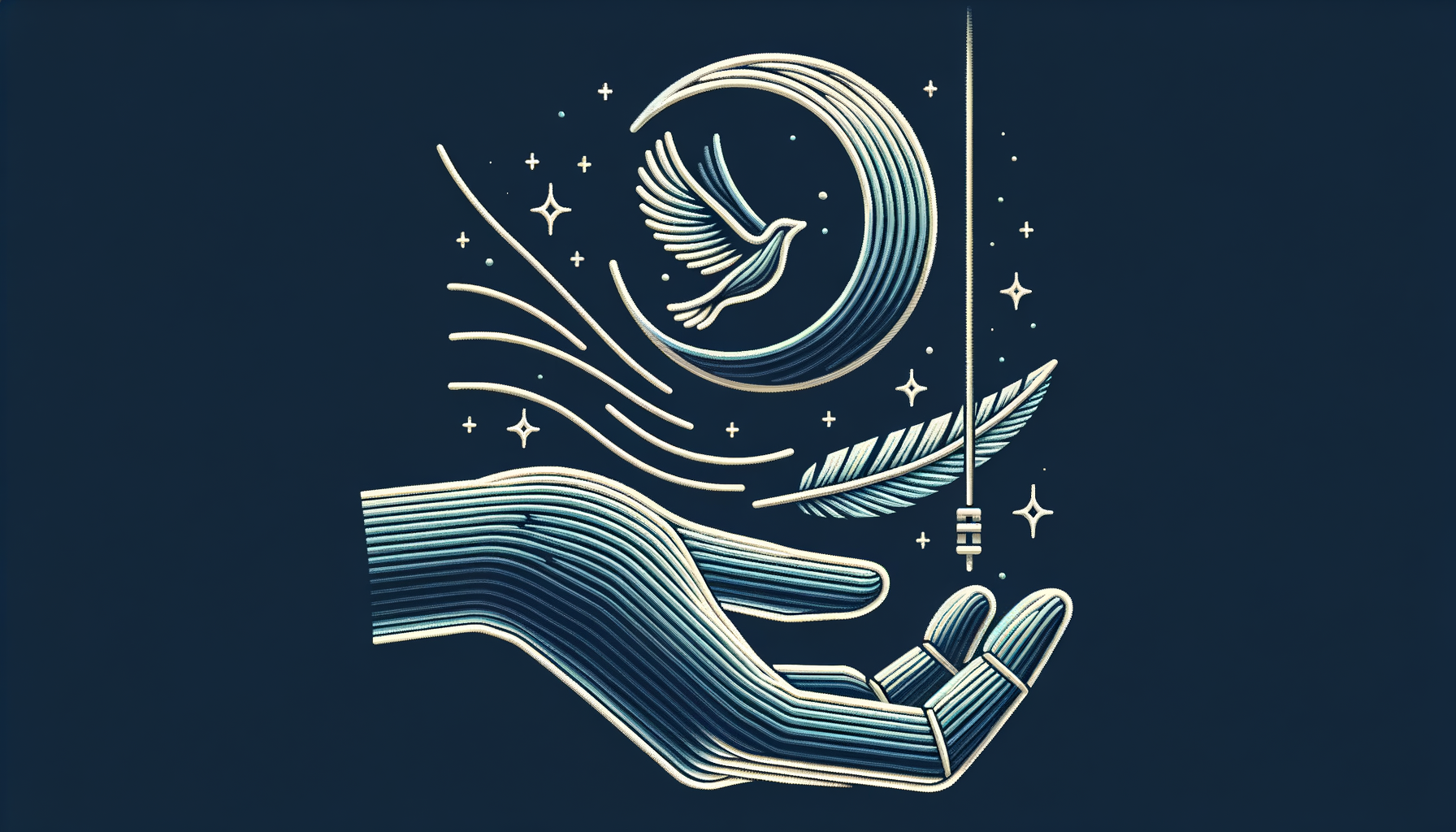I’ve fought rattlesnakes on dusty ranch trails, outwitted summer storms rolling fast off the San Juans, and once got bucked off a horse named Bandit so hard my pride almost didn’t recover. But that’s not the battle I’m here to talk about. No, the toughest fight I ever faced happened in complete silence, while I smiled, nodded, and convinced everyone—including myself—that I was perfectly fine. My secret? For years, I struggled under the weight of being “the reliable guy.” You know the one. The pillar, the rock, the guy who’s always got it all together. And believe me when I say: that pedestal was exhausting.
Looking back, it's like I was cast as a glitchy John Wayne. Sturdy on the outside, sure, but inside? A tumbleweed of self-doubt and suppressed emotions. The battle wasn’t flashy or inspiring at first; it was me against the creeping sense that no matter what I did, I’d never be enough—steady enough, thoughtful enough, lovable enough. But I didn’t let anyone know. Out here in ranch country, big emotions aren’t exactly the currency we deal in. Downplaying was the easy route, so I took it… until I couldn’t anymore.
The Mask of "Good Enough"
If you grew up in a small town like Telluride (or anywhere with one stoplight and a diner where they know your coffee order), you get used to being seen a certain way. For me, it was the dependable kid. Grey McAllister: good handshake, good scholar, good at everything you’d take home to the parents. And for a while, I liked that image. But as I got older—through college, grad school, and the slow realization that emotional stoicism isn’t the same as emotional strength—the cracks started to show.
I remember sitting on my front porch, boots dusted from a day on the family ranch, trying to write out what I was feeling. It was a late August evening, sunflower skies fading into long shadows. Everything should’ve been perfect, but I felt empty, carved out like one of those dried-up creek beds I used to explore as a boy. That was the first time I admitted to myself, “You’re tired, Gray. Tired of pretending you're bulletproof.”
For years, I thought my worth was tied to what I could offer others: advice, stability, a shoulder to lean on. But when it came to asking for those things myself? Forget it. You’d have better luck getting an apology from a mule.
When a Cowboy Needs Help
The moment that changed things? A breakup. Isn’t that always how these stories go? She was smart, kind, and had this frustrating ability to see straight through me—which sounds romantic but is terrifying when all you want is to hide. I was so fixed on carrying everything myself—being her anchor, her ultimate problem solver—that I forgot relationships are supposed to be partnerships. Picture two oxen pulling a wagon: sturdy, balanced, working the same load together. Instead, I tried to carry the whole damn wagon. And eventually? I collapsed under it.
She left, not with anger but with sadness, telling me, “You don’t have to do everything alone, you know.” The words lingered.
At first, I responded the way I’d been trained: plastering on a smile, telling my friends I was fine. I dove into ranch chores like I was auditioning for a country song montage. But no amount of fence mending could patch over the cracks in my soul. I broke down on a trail one day—me, a grown man with dust on my boots and tears staining my cheeks, sitting under the shade of a juniper tree. That’s when the fight began.
Rewriting the Script
That moment under the juniper taught me something: you can’t win a battle if you refuse to even name it. So I took inventory of my life. Why did I believe I had to be everything for everyone? What was I so afraid of? Here’s what I discovered:
- Fear of vulnerability: Somewhere along the way, I equated “letting people in” with “letting people down.” But by refusing to be real, I was doing the exact thing I feared.
- Perfectionism is a trap: Turns out being good at everything doesn’t leave a lot of room for growth—or grace.
- Asking for help isn’t weak: Out on the ranch, there’s a saying: “Even the best horse gets hobbled sometimes.” Translation? We all need a hand now and then.
I started small: calling up friends and being honest about how I felt. No filters, no “I’m fine, don’t worry about it.” Just, “Hey, I’m sad. And I don’t really know what to do with this sadness.” The response shocked me. People didn’t see my admission as weakness—they admired it. They offered their own stories in return, creating a bridge I never knew I needed.
Winning by Losing: Lessons for Life (and Love)
Releasing the need to always have my act together has unlocked more than a little breathing room—it’s changed who I am in relationships. I’ve stopped trying to be the flawless hero and started valuing the messy beauty of showing up just as I am: a man who sometimes trips over his own shadows but learns to stand tall again.
What I learned might not be groundbreaking, but it’s grounding:
- Mutual support is everything: Relationships should feel like a dance, not a choreographed solo routine. Let your partner lead sometimes.
- Celebrate your imperfections: Seriously, who wants to date a statue carved from marble? I’ve learned to laugh at myself more—like the time I got a text saying “You’re so thoughtful” and overanalyzed it with the intensity of a whodunit mystery.
- Let people in before the breaking point: Don’t wait for the relationship equivalent of a stampeded herd to admit you’re struggling.
A Reminder From the Trails
Every now and then, I hike back to the spot where I had that first honest cry—the juniper tree still stands there, as solid as ever. It’s a reminder of the lesson that tree taught me: strength looks different than we think. Sometimes strength is hauling fence posts under a blazing sun, but sometimes it’s admitting you’d rather not go it alone anymore.
If you’re reading this and feel the weight of your own silent battle, hear me: you don’t have to fight alone. The most courageous thing I ever did wasn’t weathering storms or sticking to the dependable guy act—it was admitting I didn’t have to play that role anymore.
Turns out, the people who love you are a lot like the mountains I grew up around: steady, enduring, and waiting to be leaned on. All that’s left is your first step. And trust me, it’s worth taking.




















